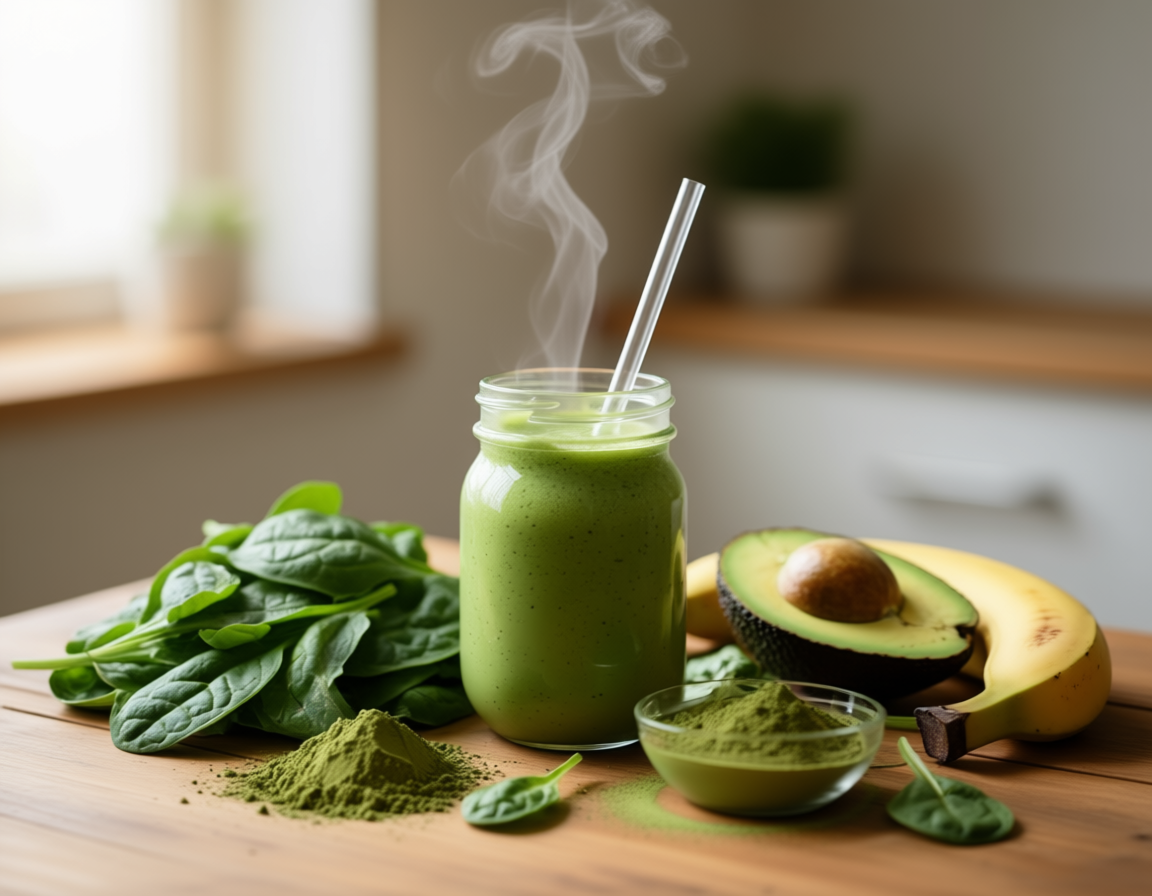
Our heart is more than just a symbol of love; it’s the relentless engine that powers our entire existence. Every beat is a testament to life itself. So, when we hear the term “heart failure,” it can understandably sound frightening. But knowledge is power. Understanding what it is, what causes it, and—most importantly—how you can prevent it, is the first step toward a long, vibrant, and heart-healthy life.
What is Heart Failure? It’s About Strength, Not Stopping.
First, let’s clear a common misconception. Heart failure doesn’t mean the heart has stopped working. Instead, it means the heart muscle has become weakened or stiffened, making it less effective at pumping oxygen-rich blood to the rest of the body. It’s a sign that your heart needs and deserves more support.
The Common Culprits: What Leads to Heart Failure?
Heart failure is often the result of other conditions that have damaged or overworked the heart over time. The main causes include:
- Coronary Artery Disease (CAD): This is the most common cause. When plaque builds up in the arteries, it narrows them, reducing blood flow to the heart muscle itself.
- High Blood Pressure (Hypertension): Uncontrolled high blood pressure forces your heart to work much harder than it should to circulate blood. Over time, this extra workload can cause the heart muscle to thicken and become inefficient.
- Previous Heart Attack: A heart attack damages areas of the heart muscle, leaving scar tissue that doesn’t pump well.
- Diabetes: High blood sugar levels can damage blood vessels and the nerves that control your heart.
- Lifestyle Factors: Smoking, obesity, a sedentary lifestyle, and a poor diet are significant contributors that compound the risk from the conditions above.
The good news? Many of these causes are within our power to influence. Prevention is not a mysterious secret; it’s a series of conscious, loving choices we make for our bodies every day.
Your Blueprint for Prevention: How to Fortify Your Heart
Preventing heart failure is about building a foundation of heart-healthy habits. It’s a journey of a thousand small steps, and every single one counts.
1. Move Your Body with Joy: You don’t need to run a marathon. Find a form of movement you genuinely enjoy—a daily 30-minute brisk walk, dancing, swimming, or cycling. The goal is to get your heart pumping stronger, not to punish yourself.
2. Manage Stress and Sleep Well: Chronic stress and poor sleep can elevate blood pressure and inflammation. Prioritize 7-9 hours of quality sleep and explore stress-reducing practices like meditation, deep breathing, or spending time in nature.
3. The Power on Your Plate: Nourish to Flourish
This is where your daily choices create a profound impact. The right diet is your most powerful medicine. Focus on a colorful, plant-forward plate:
- Embrace the Rainbow: Fill half your plate with a variety of fruits and vegetables. They are packed with antioxidants and fiber.
- Choose Healthy Fats: Incorporate sources like avocados, nuts, seeds, and olive oil, while reducing saturated and trans fats.
- Go for Whole Grains: Opt for brown rice, quinoa, and oats over refined white bread and pasta.
- Limit Sodium: Excess salt contributes to high blood pressure. Flavor your food with herbs and spices instead.
A Simple, Powerful Shift in Your Daily Ritual
Sometimes, the most significant changes come from the smallest upgrades to our daily routines. Let’s talk about your morning beverage. Swapping out a sugary drink for a cup of warm, vibrant matcha can be a beautiful act of self-care for your heart.
Why matcha? Unlike regular green tea where you steep and discard the leaves, with matcha, you whisk the entire stone-ground leaf into water. This means you’re consuming a concentrated source of nutrients.
- A Shield of Antioxidants: Matcha is exceptionally rich in catechins, particularly one called EGCG. These powerful antioxidants help fight oxidative stress and inflammation—two key enemies of cardiovascular health.
- Cholesterol & Blood Sugar Support: Studies suggest that the compounds in matcha can help support healthy cholesterol levels and improve insulin sensitivity.
- Calm Energy: Matcha provides a gentle, sustained energy boost without the jitters of coffee, thanks to its unique combination of caffeine and L-Theanine. This helps promote a state of calm alertness, which is wonderful for stress management—a key component of heart health.
Integrating a daily bowl of matcha is more than just a healthy habit; it’s a mindful moment. It’s a pause in your day to nourish your body with something truly beneficial.
Your Heart’s Future is in Your Hands
Your heart has been with you from your very first breath. It’s a tireless companion. Listening to it, understanding its needs, and making conscious choices to support it is the greatest act of appreciation you can offer.
Heart failure is not an inevitable destiny. It is often the culmination of years of silent strain. By taking charge of your health today—through movement, stress management, a heart-loving diet, and mindful rituals—you are not just preventing disease. You are actively building a life filled with vitality, energy, and joy. Start with one small change. Your future, vibrant self will thank you for it.
Disclaimer: This blog post is for educational and inspirational purposes only and is not a substitute for professional medical advice. Always consult with your healthcare provider before making any significant changes to your diet or lifestyle.





